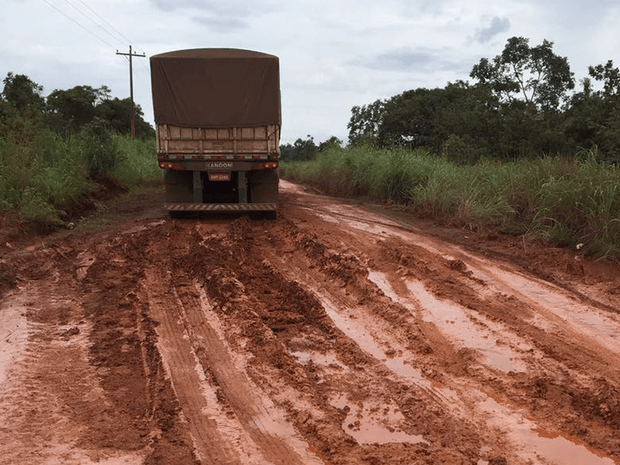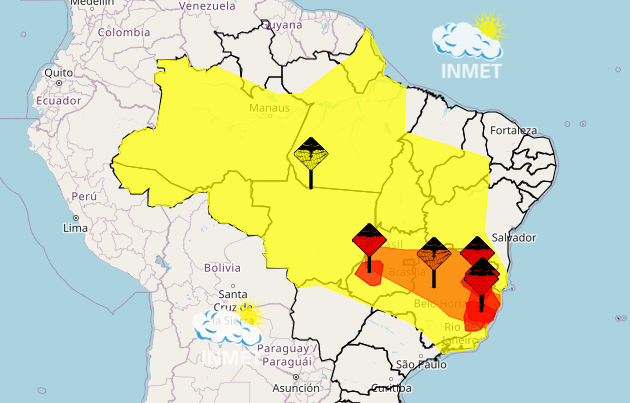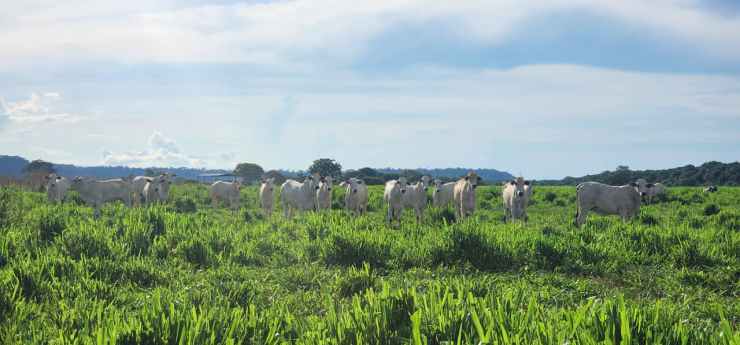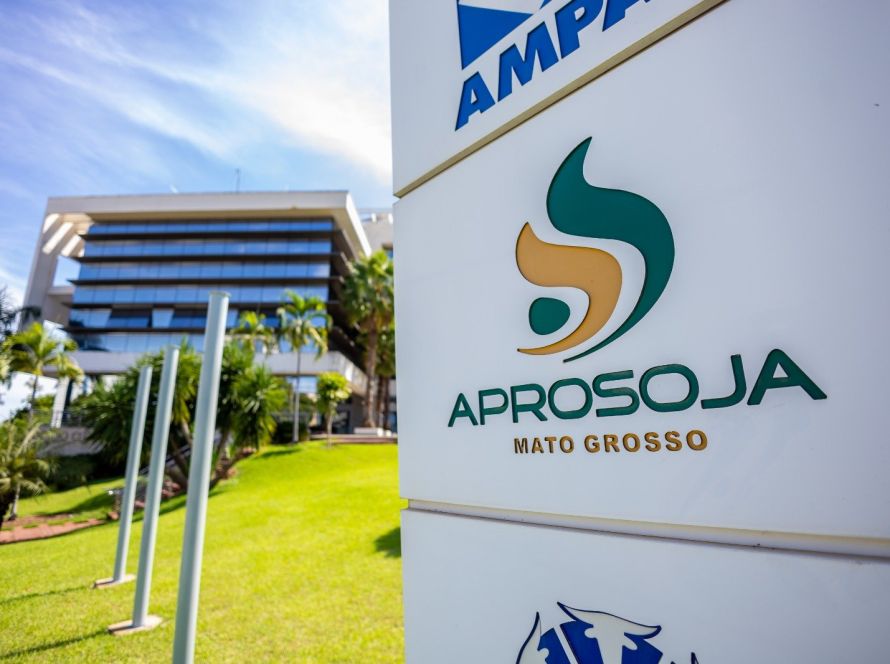The Goiana Agricultural Defense Agency (Agrodefesa) published last Monday (05/19) Normative Instruction No. 02/2025, which modernizes and strengthens the control of brucellosis and animal tuberculosis throughout the state of Goiás. The regulation establishes stricter rules for vaccination, diagnosis, marketing of inputs, movement of animals and health certification of properties, with a focus on ensuring the health of the herd and the safety of the meat and milk production chain.
The measure revokes four previous instructions, published between 2006 and 2018, unifying state legislation on the subject, in accordance with the guidelines of the National Program for the Control and Eradication of Animal Brucellosis and Tuberculosis (PNCEBT), coordinated by the Ministry of Agriculture and Livestock (Mapa).
Among the highlights of the new regulation are the mandatory vaccination of female cattle and buffaloes between three and eight months old with the B19 or RB51 vaccines; the requirement to issue a digital vaccination certificate in Sidago, within 30 days after purchasing the vaccine; the automatic blocking of the transit and sale of milk on defaulting properties; clear rules for controlling outbreaks; and the regulation of the certification of properties free of the disease.
According to Agrodefesa’s Animal Health Manager, Denise Toledo, the new regulation reflects an effort to update the technical aspects of the regulation to adapt it to the digital systems implemented and used in Goiás. “We are consolidating regulations, standardizing procedures and, above all, making control more agile and reliable, with the mandatory use of the Goiás Agricultural Defense System (Sidago) in all stages, from proof of vaccination to recording laboratory tests. This improves monitoring and, consequently, animal health, providing safety to producers and society,” she says.
The president of Agrodefesa, José Ricardo Caixeta Ramos, emphasizes that the publication of the regulation represents an important step forward for the health status of Goiás. “We have one of the largest herds in the country and we need to always be at the forefront of health protection actions. This regulation reinforces our commitment to animal health and to rural producers, who benefit from greater agility in the process and from the guarantees that allow better access to increasingly demanding markets,” he emphasizes.
The document also defines rules for the sale of supplies, the activities of qualified veterinarians, the interstate movement of animals and participation in events and gatherings. Information will now be centralized in the Agency's official system, Sidago, increasing the traceability and efficiency of surveillance actions.
Check out the main points covered:
On the commercialization of vaccines against brucellosis
Establishes that the sale of vaccines against brucellosis in Goiás can only be made by establishments registered with Agrodefesa. The purchase requires a prescription issued by a veterinarian and an electronic invoice. Resellers must register all NF-e in the Sidago system, and the property must be previously registered. Conservation, stock control and vaccine records are the responsibility of the reseller.
Vaccination against brucellosis
Vaccination of all female cattle and buffaloes is mandatory between 3 and 8 months with the B19 vaccine, which may be replaced by the RB51 vaccine (only in cattle), at the discretion of the producer. Vaccination must be proven every 180 days and can only be done by registered veterinarians or by assistants linked to these veterinarians. Vaccinated females must be marked on the left side of the face. Proof of vaccination is provided via a certificate issued by Sidago within 30 days of purchasing the vaccine.
Marketing of biological inputs for the diagnosis of brucellosis and tuberculosis
It establishes that the acquisition of inputs used for diagnosis (AAT, TAL, bovine and avian PPD tuberculins) is restricted to veterinarians authorized by MAPA. Sharing or donating these inputs is prohibited. Sales can only be made by registered establishments, which must record all transactions in Sidago. Veterinarians from other states can purchase inputs in Goiás with authorization.
Performing diagnostic tests for brucellosis and tuberculosis
Only veterinarians authorized by Agrodefesa may perform the tests. The testing sites must be equipped and are inspected annually. The collection of samples and the tests are the responsibility of the authorized veterinarian. Positive and inconclusive results must be entered into the system within one business day; negative results, within seven. Certificates are valid for 60 days. Positive animals must be marked with a 'P' inside a circle and slaughtered or euthanized under the supervision of the Agency.
From foci of brucellosis and/or tuberculosis
Properties with positive cases are considered hotspots. In the case of tuberculosis, sanitation is mandatory (testing of the entire herd and elimination of positive cases). For brucellosis, reagents must be eliminated and milk cannot be sold until this is removed. The movement of animals from these properties is only permitted for slaughter or with negative tests. Positive cases must be reported to public health.
On the health regularity of breeding establishments
It defines criteria for a property to be considered sanitary regular: being up to date with vaccinations and not having an active focus of disease. A regularity document can be issued by Agrodefesa upon request.
From the sale of raw milk to milk and dairy processing establishments
It establishes that dairy farms may only purchase milk from properties that are regular in terms of brucellosis. The industries must keep this proof available and can verify the regularity through Sidago. The defaulting farm may not sell milk.
Animal traffic and crowds
The issuance of the GTA (Animal Transit Guide) depends on proof of health regularity. Females between 3 and 8 months old can only travel after vaccination. In order to participate in events or auctions, situations are defined in which it is required to present negative certificates for brucellosis and tuberculosis. Interstate movement for breeding requires valid negative tests. Positive animals can only travel for slaughter.
Certification of a breeding establishment free from brucellosis and/or tuberculosis
Certification is voluntary, valid for 12 months, and must be requested from Agrodefesa. The property must undergo an inspection and perform two negative herd tests with an interval of 6 to 12 months. Tests must follow the PNCEBT, and the second must be monitored by Agrodefesa. Animals must be individually identified. The certificate may be canceled for non-compliance with standards or at the request of the producer. The GTA must indicate the condition of 'free' of brucellosis and/or tuberculosis, and the entry of new animals onto the property is restricted to those with negative tests.





